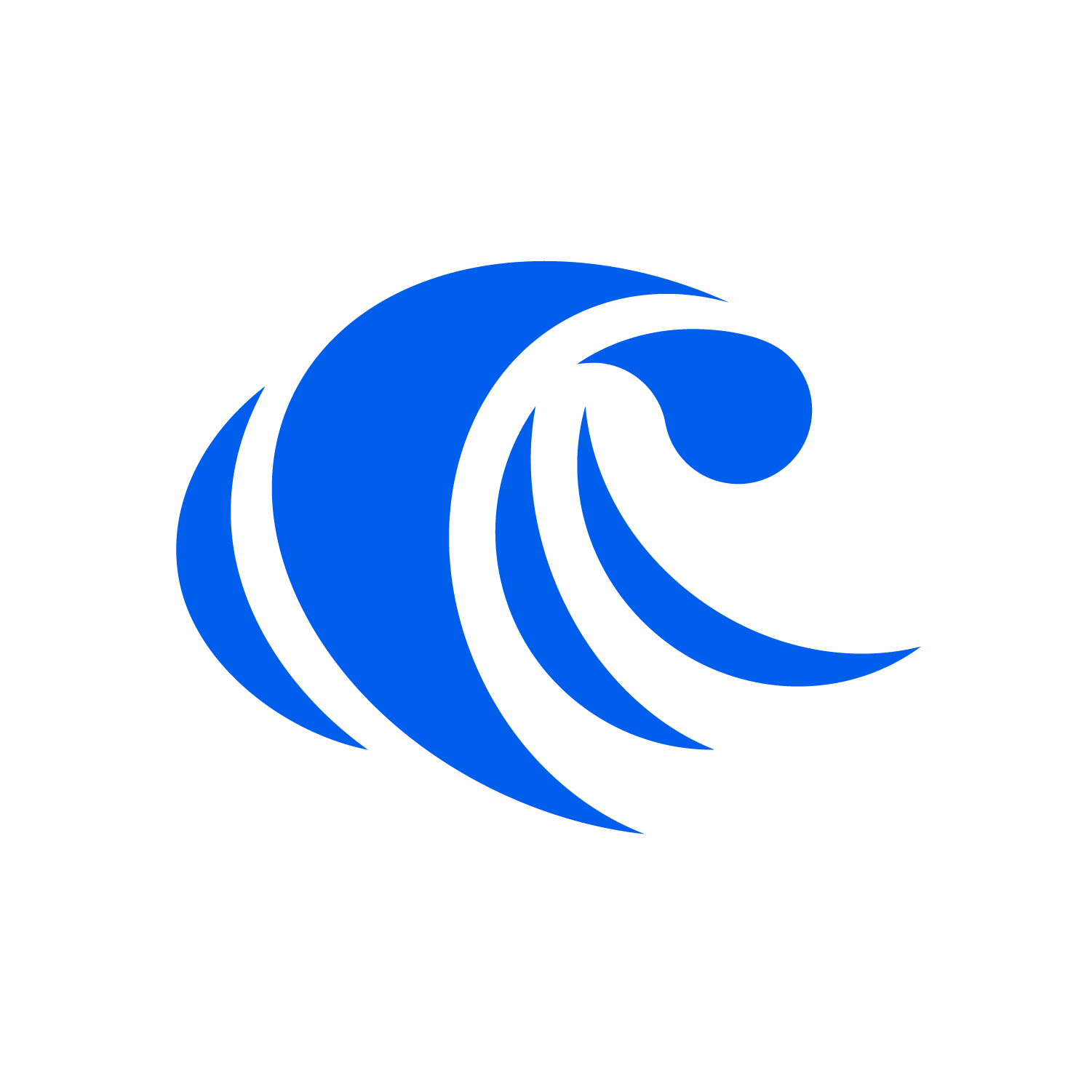On July 12, 2023, RisingWave, the open-source distributed SQL streaming database, announced the official release of the RisingWave 1.0 version.
RisingWave is a distributed SQL database specifically designed for stream processing. It is wire-compatible with PostgreSQL and independent of complicated JVM-based components. This design choice enables users to learn, develop, and manage stream processing systems with minimal barriers.
Developed in Rust, RisingWave achieves remarkable cost efficiency through its storage-compute separation architecture, layered storage, and highly specialized optimizations for its SQL interface. Using the Nexmark benchmark, a popular stream processing benchmark, RisingWave demonstrates a performance improvement of 10–30% in stateless computations compared to Apache Flink. Furthermore, it demonstrates an astounding improvement of up to 660 times in stateful computations compared to Apache Flink.
After being open-sourced on GitHub on April 8, 2022, under Apache 2.0 license, RisingWave has garnered widespread attention from developers worldwide. In just over 15 months, RisingWave has accumulated nearly 5K stars, 400 forks, and over 130 open-source contributors on GitHub. Moreover, RisingWave has built a vibrant community with almost 1,000 members in its Slack workspace. The RisingWave team has successfully deployed the database in production environments for dozens of companies, and the number of globally tracked long-running Kubernetes clusters is nearing one hundred.
Before releasing the first official version, RisingWave underwent extensive testing and demonstrated stable operation in multiple production environments for over 6 months. Building upon this stability, all future versions of RisingWave will ensure backward compatibility and provide users with convenient version upgrade services. Below, you will find a list of the core features of RisingWave 1.0.
Core Features of RisingWave
PostgreSQL wire-compatible
Use RisingWave just like you would use PostgreSQL. RisingWave not only supports the PostgreSQL SQL dialect but also provides seamless integration with a wide range of interfaces, tools, and systems that are compatible with PostgreSQL.
Comprehensive feature set
RisingWave offers an extensive array of advanced stream processing features, including window functions, watermarks, User-Defined Functions (UDFs), and more. It empowers users with powerful capabilities for processing streaming data.
Exceptional stream processing performance
In complex stream processing scenarios like multiway stream joins, RisingWave delivers outstanding performance. It outperforms previous-generation stream processing systems like Apache Flink, achieving 2 to hundreds of times higher performance.
Efficient dynamic scaling
With its decoupled compute-storage architecture, RisingWave enables independent and infinite scaling of its compute and storage layers. As the streaming workload fluctuates, users can easily add or remove resources, optimizing performance while minimizing costs.
Fast fault recovery and high availability
RisingWave features automatic and instant fault recovery capabilities. Additionally, users can configure multiple replicas to ensure uninterrupted operation on confronting data center power outages, crashes, and other issues. This ensures the high availability of the service.
Open ecosystem
RisingWave seamlessly integrates with various mainstream systems, including messaging systems, OLTP databases, analytical databases, data lakes, data warehouses, microservices, and more. It provides flexibility and interoperability within the larger data ecosystem.
Observability
RisingWave provides a comprehensive set of observability tools that enable users to monitor and understand the operational status of the system easily. It offers insights into computation progress, internal state size, and other relevant metrics.
Interpretability
RisingWave includes built-in storage capabilities that can maintain stream processing results. Users can query results in real-time with consistency guarantees, facilitating the verification of program correctness and enabling efficient debugging.
The release of RisingWave 1.0 marks a significant milestone achieved through the collaborative efforts of the RisingWave team and the community. We extend our heartfelt gratitude to all our community partners for their longstanding participation and valuable contributions!






